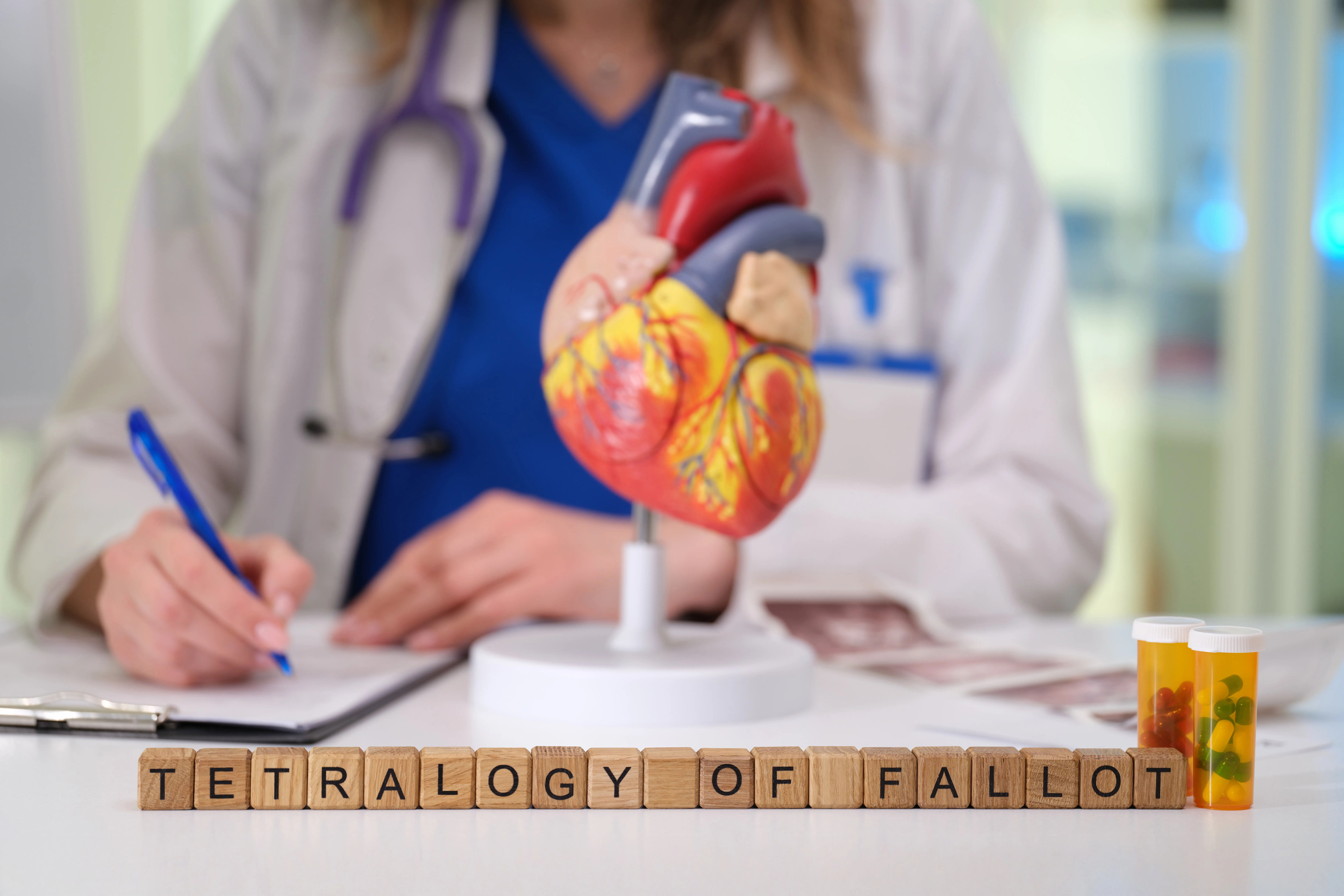- male
- 60 Years
- 22/01/2025
I'm a bit worried about my dad's recent test results. The doctor recommended a 2D echo and a treadmill test for him. The 2D echo came back normal, but the treadmill test showed a positive stress result. I've heard that only 4 out of 10 times, these TMT tests are accurate, which is kinda freaking me out. If one test is normal and the other one isn't, does that mean there's something to be concerned about? Could you shed some light on this?
More Cardiology Health Queries
View allI'm feeling really worried because I've been having this sharp, burning chest pain for about a week now. It seems to get a bit better when I change positions or drink water, but it's really bothering me. The pain is right where my heart is. Do you think this could be something serious, or is it something I can manage on my own? What might be causing this?
gastritis it is , tak pantop 40mg before food for 5 days
Answered by 1 Apollo Doctors
I'm 19 years and 8 months old and this morning I almost fainted. I went to a clinic and the doctor checked my BP, which was 1690 mmHg. They said it's really high. I'm worried and I want to understand how serious my condition is and what precautions I should be taking right now. What steps should I follow to manage this?
Your blood pressure reading of 16090 mmHg indicates that you have high blood pressure, also known as hypertension. It is important to monitor your blood pressure regularly and make some lifestyle changes to manage it. Here are some precautions you can take: - Start with lifestyle modifications such as maintaining a healthy diet low in sodium, saturated fats, and cholesterol. - Engage in regular physical activity such as brisk walking or swimming for at least 30 minutes most days of the week. - Maintain a healthy weight and avoid smoking and excessive alcohol consumption. - Manage stress through relaxation techniques like deep breathing exercises or yoga. - Ensure you get an adequate amount of sleep each night. - Consider medication if lifestyle changes are not enough to control your blood pressure. Your doctor may prescribe medications such as Losartan 50mg once daily to help lower your blood pressure. It is important to follow up with your doctor regularly to monitor your blood pressure and make any necessary adjustments to your treatment plan.
Answered by 1 Apollo Doctors
I've been having this weird feeling where my heart skips a beat, and it's making me uneasy. I recently saw a cardiologist, and he checked my echo test report and said everything looked fine. The sensation goes away when I sleep and feels okay in the morning, but it suddenly starts again when I'm lying down. Could you help me figure out what's going on or what I should do about it?
mostly no need to fear since echo is normal consult psychiatist if it stil persists
Answered by 1 Apollo Doctors
Disclaimer: Answers on Apollo 247 are not intended to replace your doctor advice. Always seek help of a professional doctor in case of an medical emergency or ailment.



_1.webp)

